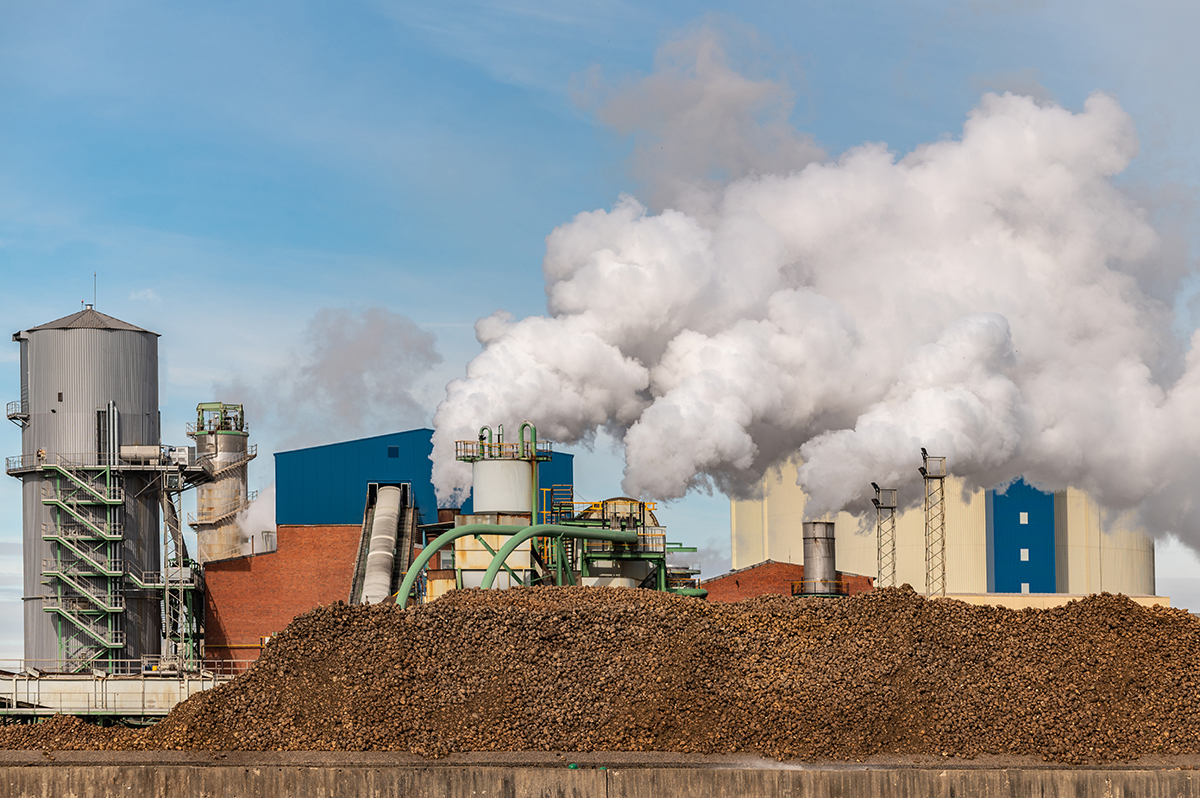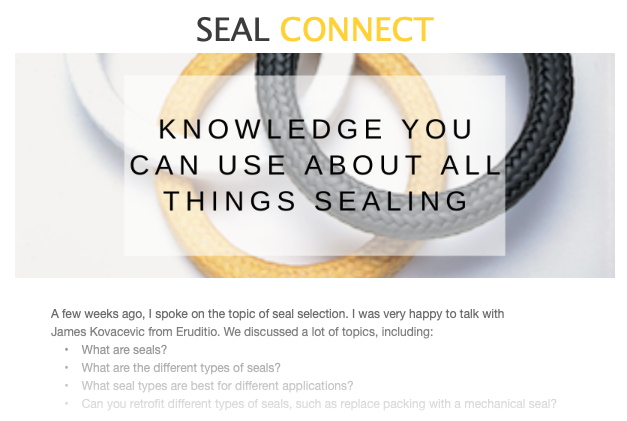Seal the Deal: The Key to Sugar Manufacturing Success
 Proper sealing technology is of utmost importance in sugar manufacturing due to several key factors. First and foremost, it helps maintain hygiene, which is crucial for ensuring the high quality of the sugar produced. Any contamination from dust, bacteria, or other pollutants, which can occur due to poor sealing, will degrade the product’s quality. Additionally, efficient sealing technology facilitates smoother operations by preventing leaks, which would otherwise require additional cleaning and maintenance, causing delays in the manufacturing process.
Proper sealing technology is of utmost importance in sugar manufacturing due to several key factors. First and foremost, it helps maintain hygiene, which is crucial for ensuring the high quality of the sugar produced. Any contamination from dust, bacteria, or other pollutants, which can occur due to poor sealing, will degrade the product’s quality. Additionally, efficient sealing technology facilitates smoother operations by preventing leaks, which would otherwise require additional cleaning and maintenance, causing delays in the manufacturing process.
This also ties into cost-effectiveness, as leakage due to improper seals leads to wastage of raw materials, which can be quite expensive in the long run. Furthermore, food safety is governed by strict laws and regulations, and failure to maintain a sealed environment can result in non-compliance, leading to heavy fines or even closure of the plant.
Another critical aspect is that sugar is hygroscopic and absorbs moisture from the environment. Proper sealing ensures consistent moisture content, preserving the product’s texture and quality.
Safety is also a significant concern; leaks can create hazardous conditions for workers, so well-designed sealing solutions are crucial to minimize risks. It is extremely important to properly seal equipment where sugar dust is present to prevent explosions. Sugar dust is a known combustible material, and its particles can form an explosive mixture when suspended in the air.
Environmental concerns are also a consideration, as spills from improper seals can harm the environment, so high-quality sealing technology is essential for reducing the manufacturing plant’s environmental footprint.
Moreover, once the sugar is manufactured, it needs to be stored and possibly transported; effective sealing technology is crucial for ensuring the product reaches the consumer in good condition.
Investing in proper sealing technology can also provide a competitive advantage in terms of product quality and compliance with international standards, thereby attracting more customers.
As technology advances, so does sealing technology, and keeping up with these advancements can offer incremental improvements in production quality, efficiency, and safety. Therefore, proper sealing technology plays a pivotal role in maintaining quality, safety, and efficiency in sugar manufacturing.
What Solution is Right for You
Selecting the proper sealing technology for sugar manufacturing involves considering several key factors:
Material Compatibility: The seal material should be compatible with the sugar and any other substances it might come in contact with during the manufacturing, storage, and transportation processes. For example, the seal material should not react with the sugar or any cleaning agents used in the equipment.
Temperature Resistance: The sealing material should be able to withstand the range of temperatures encountered during the sugar manufacturing process, from the initial stages of extracting sugar from raw materials to the final stages of packaging and storage.
Pressure Resistance: The seals should be able to withstand the pressure levels encountered during the manufacturing process, which can vary depending on the specific equipment and procedures used.
Hygiene and Food Safety Standards: The sealing material should meet the necessary food safety and hygiene standards. For example, it should be resistant to microbial growth and easy to clean.
Durability: The seals should be durable enough to withstand the wear and tear of the manufacturing process, as well as any stresses encountered during storage and transportation.
Cost-Effectiveness: While it is important to select high-quality seals, it is also important to consider the cost. The selected sealing technology should provide the best balance between cost and performance.
Ease of Maintenance: The seals should be easy to maintain and replace if necessary. This includes being easily accessible and not requiring specialized tools or training to replace.
Regulatory Compliance: The selected sealing technology should comply with all relevant regulations and standards, both local and international.
Supplier Reputation: It is advisable to select a supplier with a good reputation for providing high-quality sealing solutions and after-sales support.
Environmental Impact: Consider the environmental impact of the sealing material. For example, select materials that are recyclable or have a low environmental footprint.
Selecting the proper sealing technology for sugar manufacturing involves considering several factors, including material compatibility, temperature and pressure resistance, hygiene and food safety standards, durability, cost-effectiveness, ease of maintenance, regulatory compliance, supplier reputation, and environmental impact. It is advisable to work with a reputable supplier and conduct thorough testing to ensure that the selected sealing technology meets all the necessary requirements for your specific application.
Looking for a Sealing Solutions Provider?
SEPCO has sealing solutions for many applications, even those with the strictest standards and the most challenging environments. We have decades of experience in providing solutions across multiple industries. We can help.
 SEAL CONNECT
SEAL CONNECT Find Your Sealing Solution
Find Your Sealing Solution